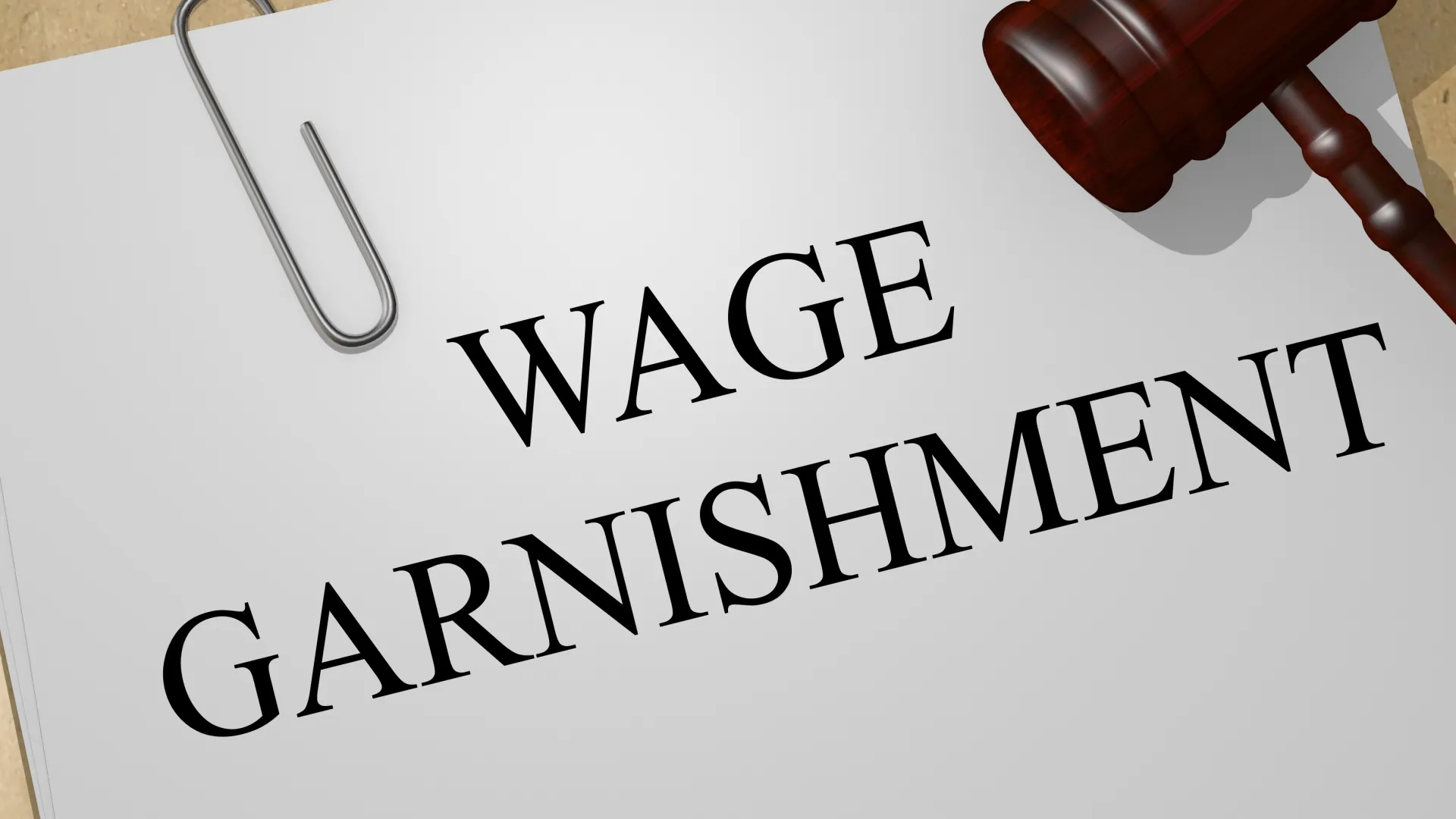
Contempt Garnishment
Contempt Garnishment
Garnishments are court orders that direct money or property of a party, usually the earnings or wages of that party paid by an employer, to be seized to satisfy a debt. Normally, garnishments operate by attaching the earnings of the non-paying party before that party receives compensation from his or her employer. Because garnishments operate by attaching the income of a non-complaint parent or ex-spouse, garnishments are generally only used to collect on alimony or child support obligations.
In Georgia, in general, the maximum amount of a non-paying party's pay that may be garnished per month in satisfaction of a child support or alimony obligation is 50% of his or her disposable or net earnings. O.C.G.A. § 18-4-20(d), (e), (f). There are a few exceptions to this rule so it is important to discuss these limitations with one of our attorneys.
A garnishment may generally be defended in three ways: 1) by disproving the existence of the judgment that the garnishment is based upon; 2) by disproving the amount claimed due; or 3) by making any other challenge that may bar the judgment. O.C.G.A. 18-4-65(a). The burden is on the parent or ex-spouse seeking the garnishment in collection of past due alimony or child support to prove the amount that is in arrears. See Thacker Construction Ca. v. Williams, 154 Ga.App. 670 (1980). That party must provide some proof of the amount owing before that amount may be garnished from the obligated party's wages. If the parent or ex-spouse seeking the garnishment admits that the party owing the obligation is no longer in arrears, a garnishment will not be effected. Stoker v. Severin, 292 Ga.App. 870 (2008). Additionally, in a garnishment proceeding to collect past due support, the parties may agree to compromise and settle the disputed claim amount and have their agreement made a judgment of the court. Cochran v. Poole, 246 Ga. 569 (1980). Similar to all of the other remedies for failure to abide by a court's order for support, garnishments are normally only sought once the obligated party has either refused to provide support or has fallen behind on his or her support payments. However, under certain circumstances, garnishments for support or income deduction orders may be automatically applied to an order for child support. See our article titled "Income Deduction Orders" for more information.
